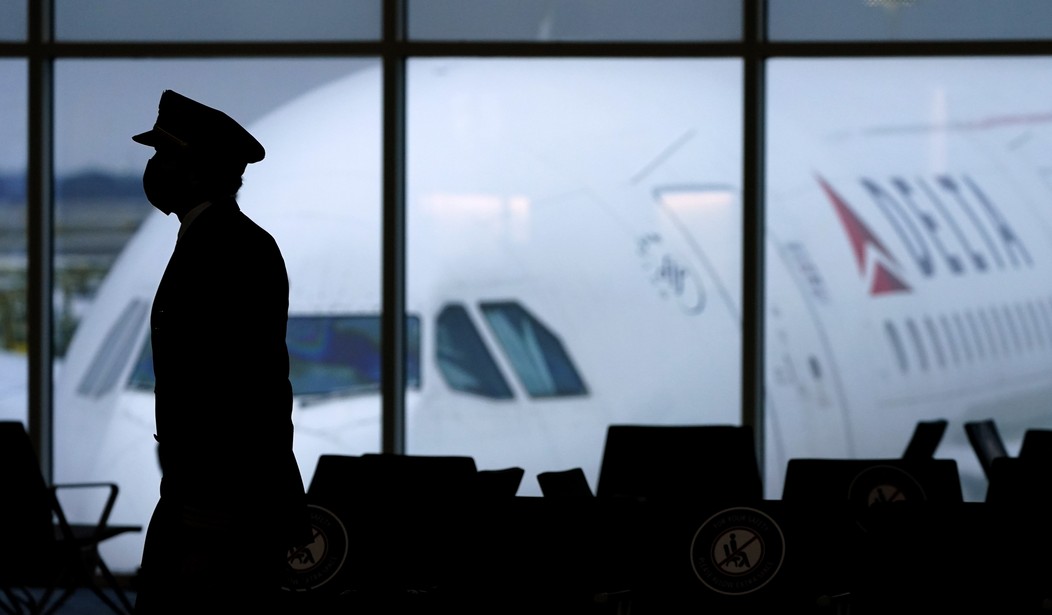Back on New Year’s Day, we looked at a story involving the Department of Transportation, the FAA, the major airlines, and two of the nation’s larger wireless carriers, AT&T and Verizon. The story covered a major snafu in the rollout of the new 5G wireless systems that was supposed to begin during the first week of the new year. The plan ran into a two-week delay because it turns out that the new 5G transmissions had the potential to interfere with certain aircraft systems, specifically the digital altimeters that are used by many planes in the fleet. There are newer models of the equipment that are shielded from such radiation, but there are still planes out there that are not ready for this new technology.
I asked at the time if two weeks was really enough time to get all of the aircraft currently in service up to date so they could operate safely. As it happens, it wasn’t enough time. The FAA recently issued a “compromise” plan that would shield 50 airports that are most in need of the newer mitigation technology. The rollout for those areas could be delayed for six months while the upgrades are installed. As Politico reports this week, the solution proposed has made none of the players involved very happy.
The FAA on Friday night released its list of 50 airports that it says most need wireless 5G interference mitigate to ensure planes can land safely, Oriana reports . The list is part of a deal reached by AT&T, Verizon and DOT last week that allows the government to designate no more than 50 airports in the 5G service area that will have “buffer zones” when wireless companies activate 5G…
AIRPORTS AREN’T HAPPY: The Airports Council International – North America on Friday called the FAA’s analysis “irrelevant,” arguing that the ripple effects of the deployment will hit the entire national airspace hard, including flight cancellations and delays. Last week’s deal pushed the 5G expansion date to Jan. 19, and AT&T and Verizon agreed to employ additional protections at certain airport zones until July.
The President of Airports Council International told reporters the same thing I brought up when we first reported on the story. This last-minute “compromise” isn’t going to address all of the problems and the entire question should have been addressed a year ago. Why did the government auction off those S-band licenses if it was known that they would present a flight safety hazard until all of the planes had been upgraded? Any plane coming in for an instrument landing during low visibility conditions that loses its altimeter could be in very serious trouble.
The airlines are completely dissatisfied with the “solution” the government is proposing. There are more than 5,200 commercial airports in the United States. If only fifty of them will be “shielded” from the new 5G emissions, all of the airlines will have to determine which of their planes still need upgrades and mix-and-match flight schedules so they only travel to those 50 airports. As the ACI spokesperson said, this will absolutely result in more flight delays and cancellations at a time when hundreds of flights are already being canceled daily because of COVID and labor shortages.
I said this before and I will say it again. Congress needs to investigate how this happened, whether the problems originated during the Trump or Biden administration. Someone at the Department of Transportation, the FAA, or the FCC messed up big time. It was probably all three of them, actually. Experts in the field were apparently aware that lighting up the new 5G towers could take out the older altimeters on some commercial aircraft and that would be a completely unacceptable flights safety hazard waiting to happen. Those broadcast bands should not have been auctioned (or at least not scheduled to go into use) until all planes were known to be secure.
If we wind up losing a plane (and, God forbid, the passengers and crew) between now and July because this compromise solution was too complicated for the airlines to manage, we shouldn’t be blaming the airline that was involved. We should be pointing the finger at our own government that was apparently too incompetent to manage this transition when they are the only people authorized to regulate these broadcast bands.








Join the conversation as a VIP Member